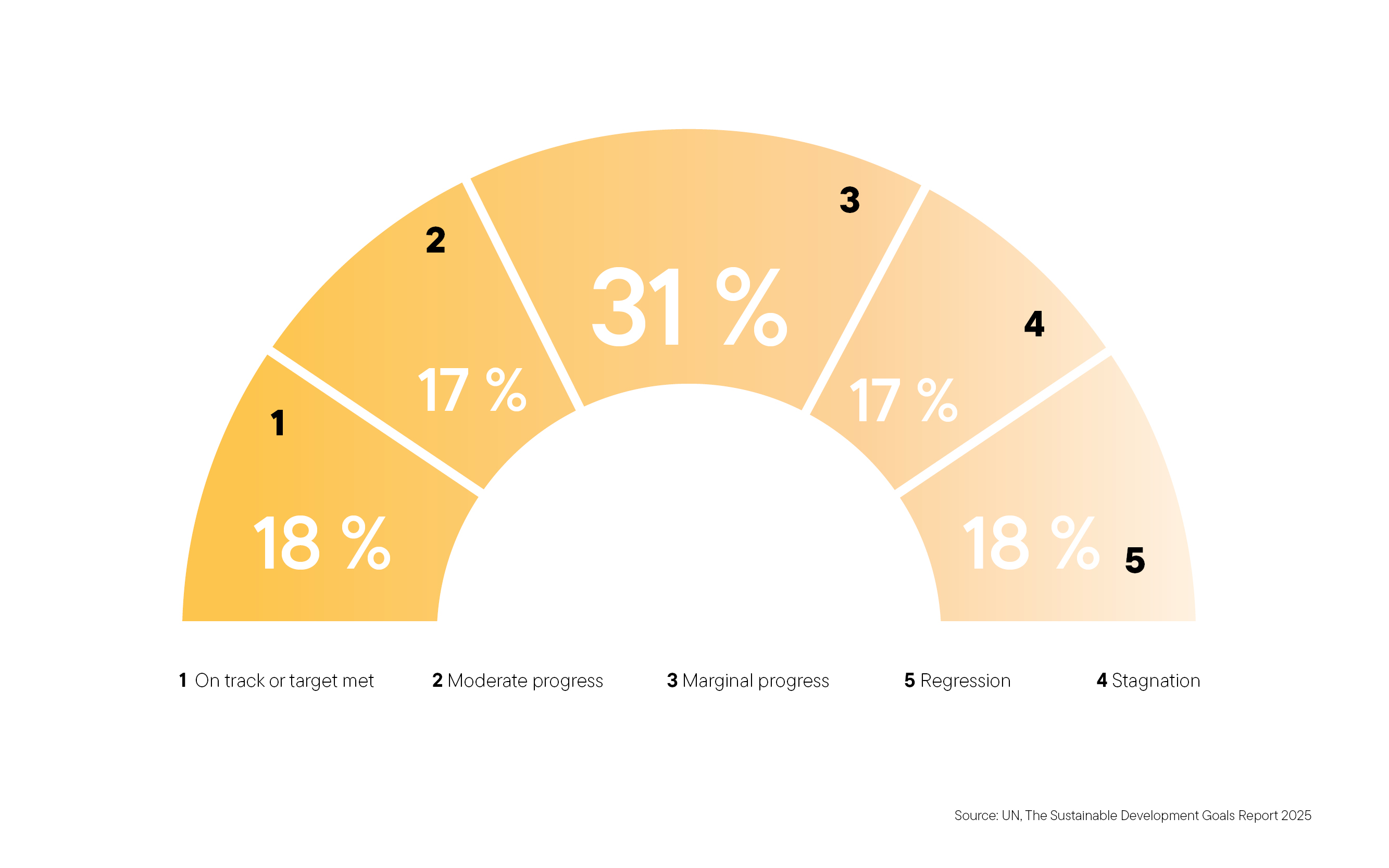Avoiding awkward issues
International finance and development.
Zed Books, London and New York 2007,
207 p., £ 15.99, ISBN 978-1-84277-862-3
The impacts of foreign direct invesment, capital inflows and outflows as well as financial crises play a major role in the discussion on what makes development succeed. In the past few years, international capital markets have changed dramatically. Capital no longer flows from the advanced economies to the less developed countries, rather it flows in the other direction, particularly to the USA. Savings of the poor are thus funding lifestyles of the rich. In this bizarre setting, development finance has become ever more complicated. This book edited by José Antonio Ocampo and others looks at how international capital markets relate to economic development.
The first chapter covers international capital flows to developing countries. For some years, these flows have been marked by a rather constant level of direct investment, declining bank credits and sharply rising foreign-exchange reserves in the developing world. Considering policy choices in response to these trends, the authors allude to some progress. For instance, they mention the adoption of collective clauses in loan agreements, according to which, in the event of crisis, waivers will be possible if a majority of bond holders agree (rather than every single one them). This chapter also investigates the risks posed by innovative captial-market products. The warning against making risks tradable in the form of securities seems highly topical in view of the turbulence caused by the subprime-mortgage crisis in the USA. Surprisingly, however, the book hardly refers to restricting capital transactions, as was done successfully by China, Chile and Malaysia.
The second chapter considers official development funding, emphasising disadvantages of the traditional model of linking development assistance to conditions. Chapter 2 analyses external debt. Chapter 4 examines the global financial system, especially the imbalances in trade and payements, and discusses international crisis management.
The authors point out that the USA absorbs 80 % of the savings available internationally, and warn of financial crisis. They suggest creating a new IMF credit line as a means to guarantee countries hit by crisis access to short-term loans, provided these countries comply with certain macroeconomic criteria.
The book tackles highly relevant topics. Nonetheless, the reader is left with mixed feelings. The problems of funding and development are discussed in depth, but the conclusions remain oddly vague, with a tendency of not delving into political considerations.
For instance, the question of who benefits from the new financial-world order is not addressed adequately. As these forces should be expected to oppose any reforms which might limit their profits, however, the question matters quite a bit. This book can only be recommended to a limited circle of financial-markets experts and people interested in development issues.
Heribert Dieter







